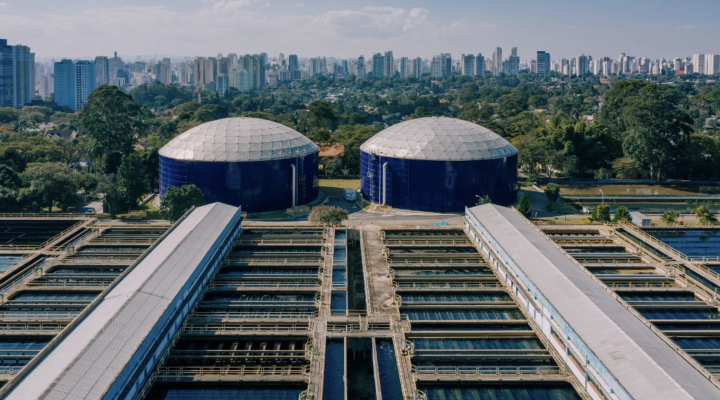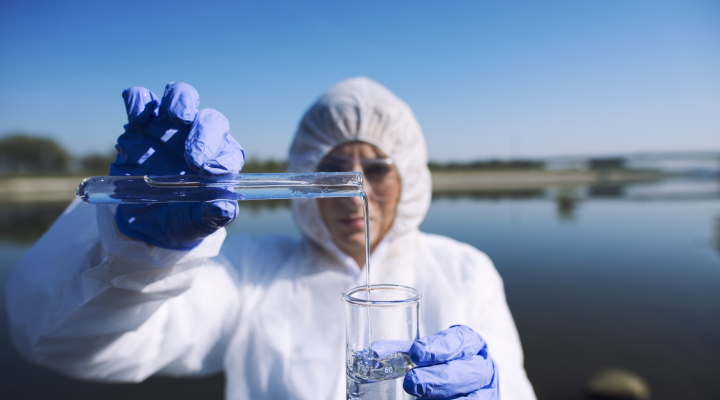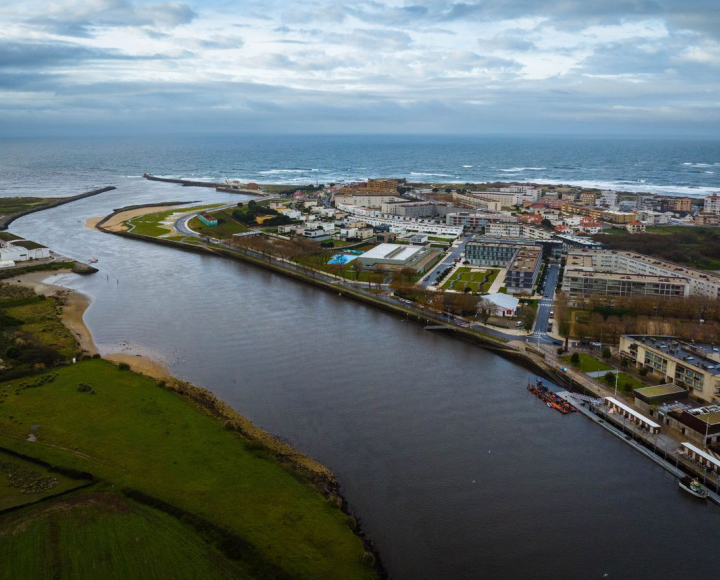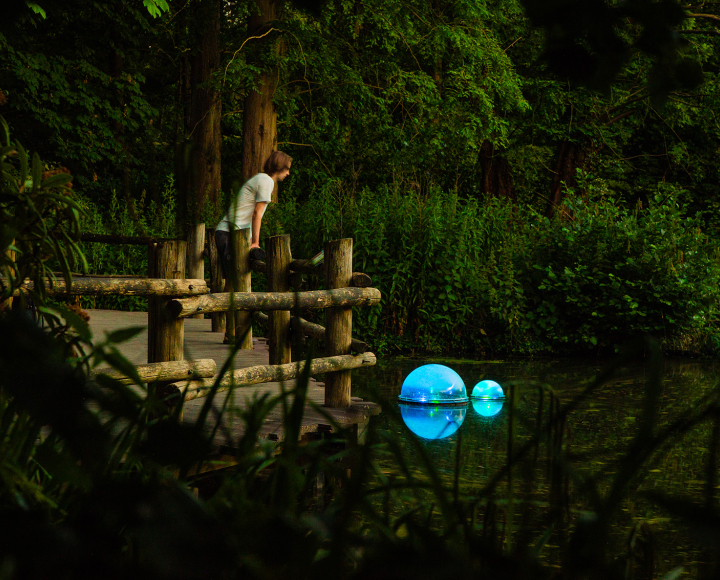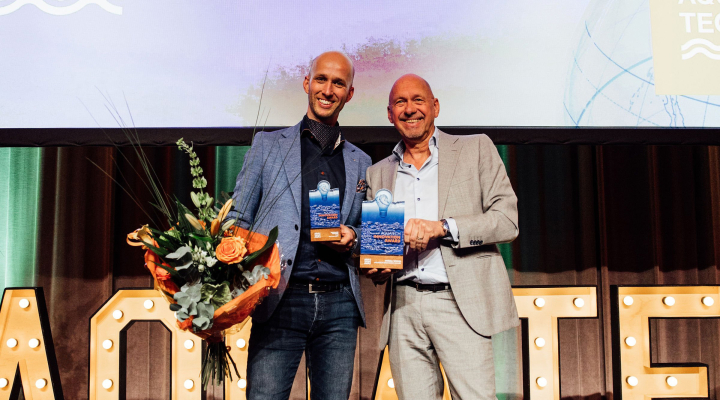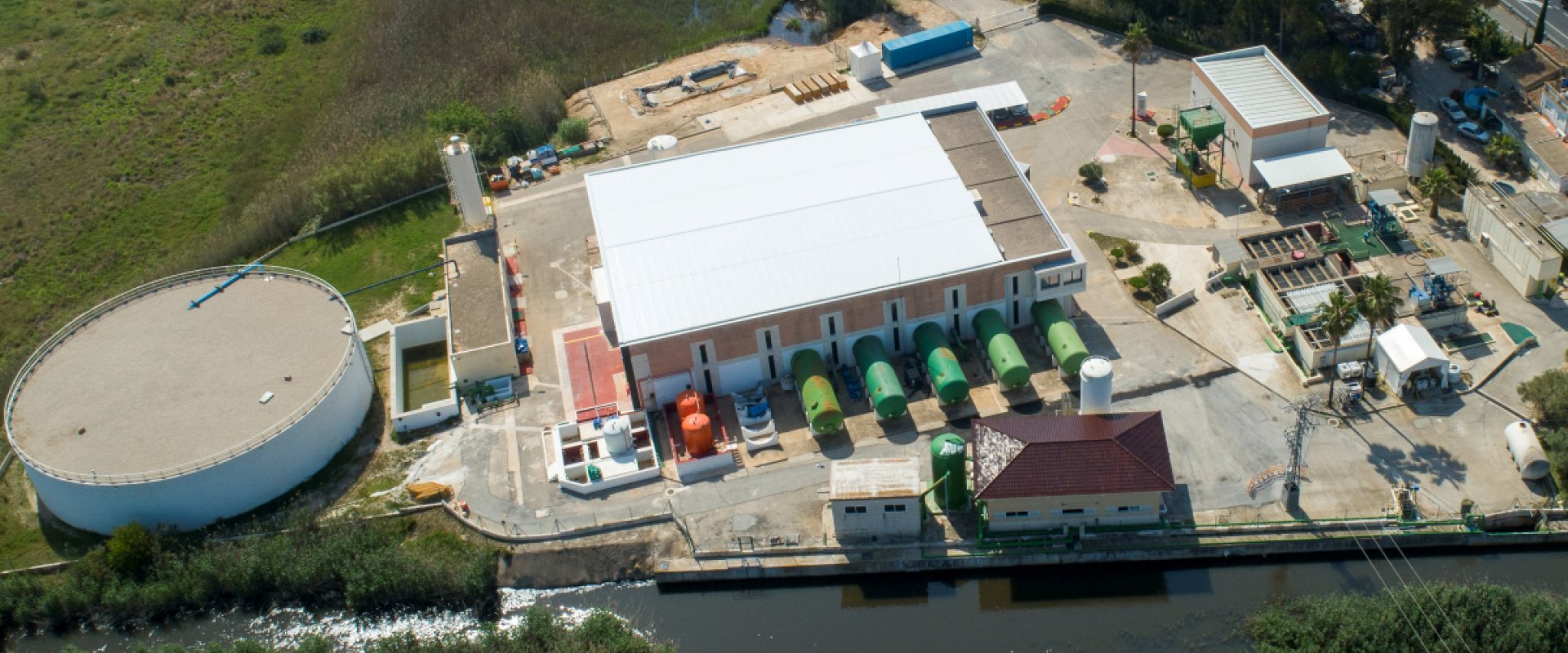
First microbial-powered desalination demo site opens in Spain
As partner of the Microbial Desalination (MIDES) project, IHE Delft reports the launch of the first demonstration site in Denia, Spain for the production of drinking water from brackish water.
The MIDES-project is led by a consortium of 10 organizations from 7 countries that has been working to scale up this promising low-energy technology from laboratory to this demonstration phase.
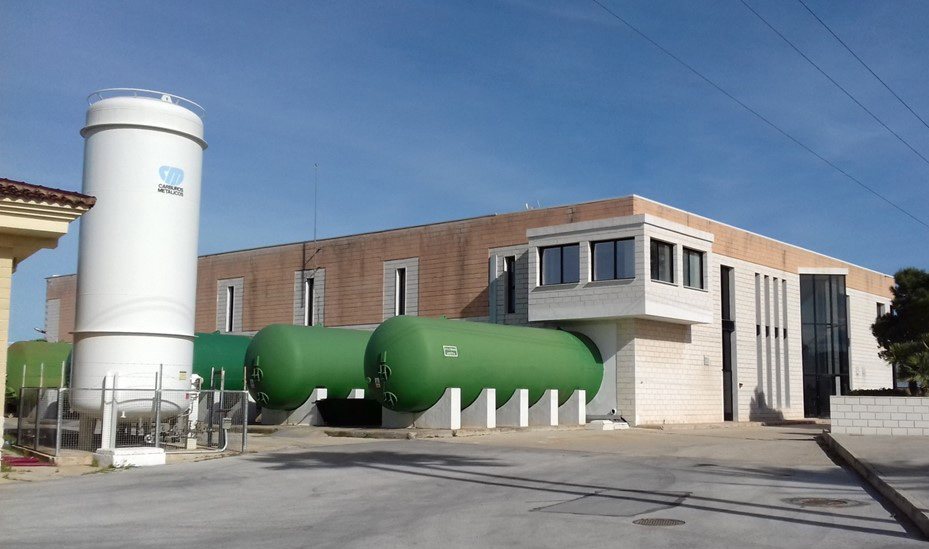

Largest MDC-system
The MIDES-project began in September 2016, with the consortium working on pre-treatment strategies for desalination by Microbial Desalination Cells (MDC).
The MDC-cell simultaneously desalinates saline water and treats wastewater. Electroactive bacteria in the anode side of the cell feed on organic compounds in wastewater, and release electrons.
These electrons travel to the cathode side to create an electrostatic force that breaks the salts into a positively charged-particle that goes to the cathode – and a negatively charged particle that goes to the anode.
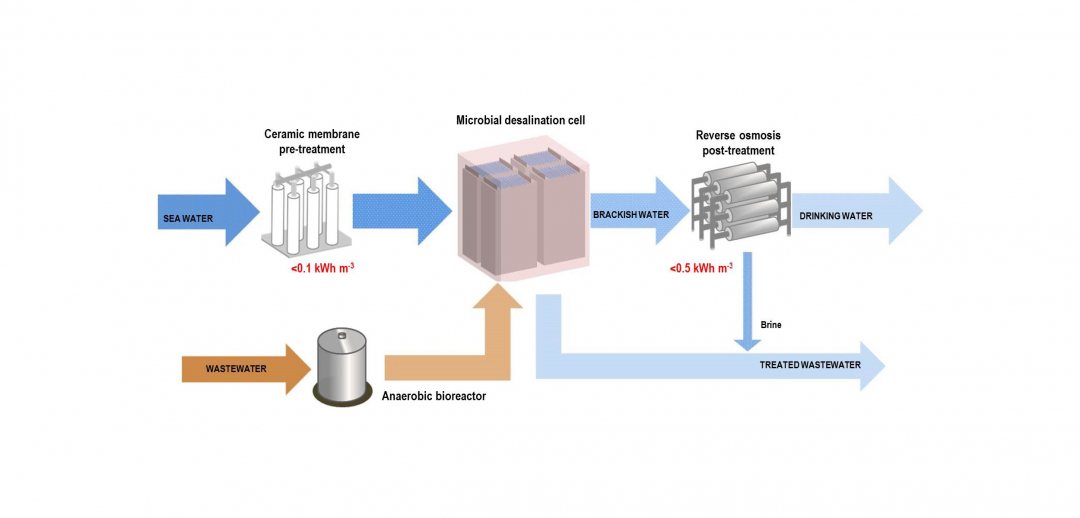

Pre-treatment
The in taken brackish water will first be pre-treated with ceramic membrane technology, followed by the feed into the MDC-cells to reduce the salinity.
Reverse osmosis is then used as a post-treatment step, which will operate at low pressure with low energy consumption.
The resulting water will be mineralized to fulfil the potable water quality standards.
Extreme low energy use
This MIDES pilot demonstration is expected to produce 150 L/h of drinking water, while treating between 1-3 m3/day of wastewater, with an extremely low energy consumption of less than 0.5 kWh/m3.
The MIDES-project aims to enable drinking water production for more areas in need: as climate and other factors impact water availability, desalination is increasingly a key option for producing drinking water resources.





